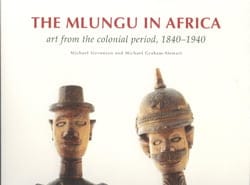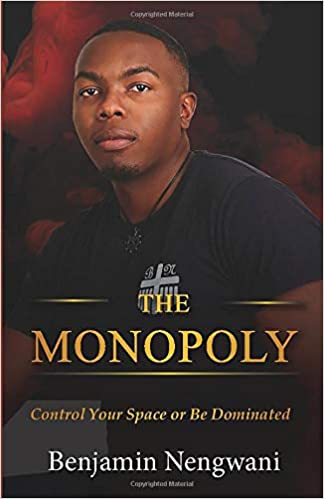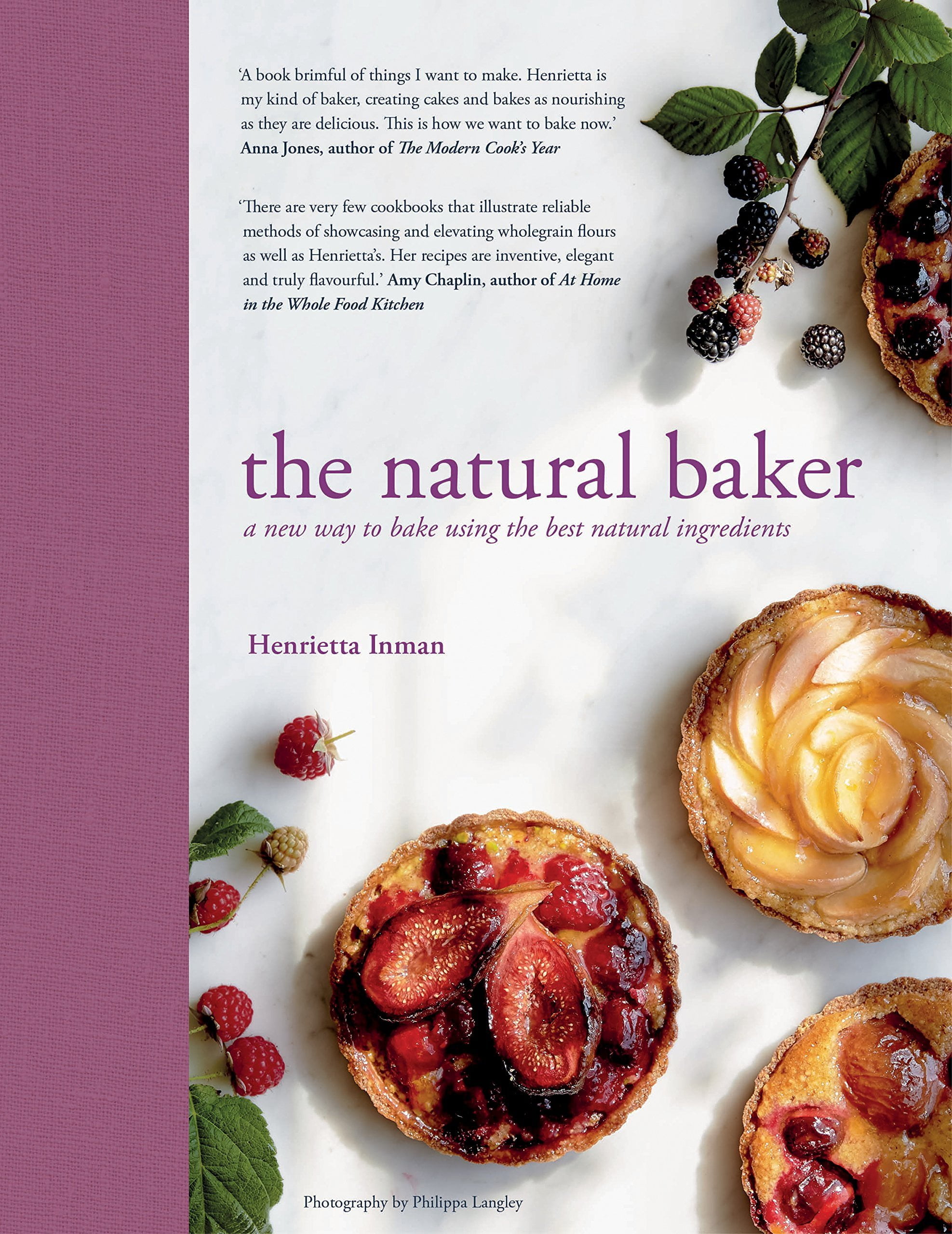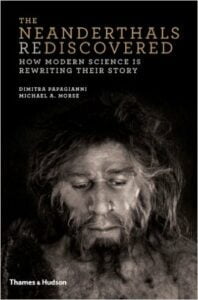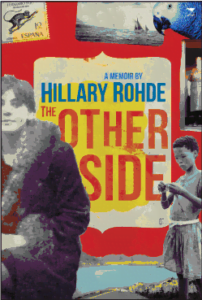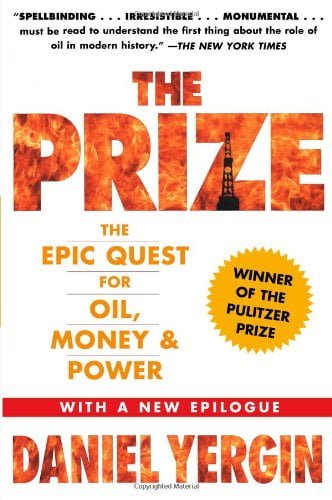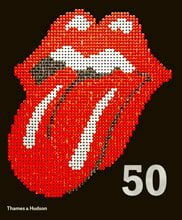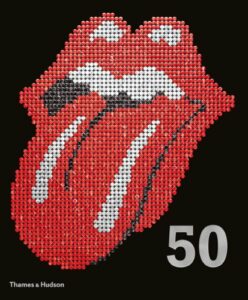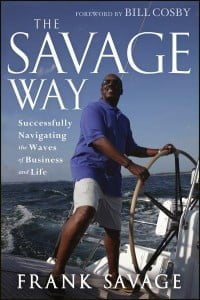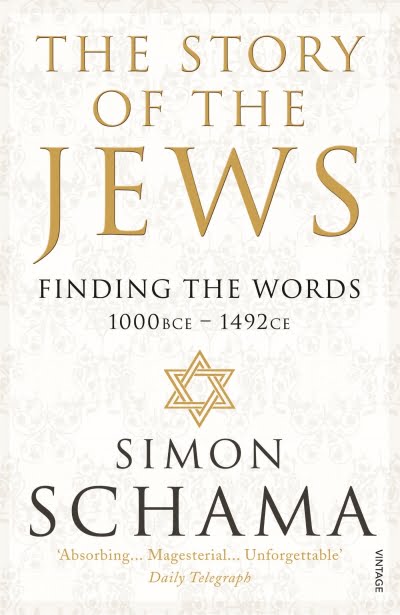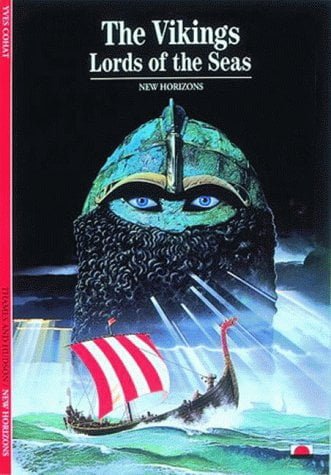Showing 369–384 of 411 results
-

R350Gertrude Tennant’s life was remarkable for its length (1819–1918), but even more so for the influence she achieved as an unsurpassed London hostess. The salon she established when widowed in her early fifties attracted legions of celebrities, among them William Gladstone and Benjamin Disraeli, Oscar Wilde, Mark Twain, Thomas Huxley, John Everett Millais, Henry James, and Robert Browning.
-

R75From Mayo Clinic, a leading authority on health and nutrition, comes The Mayo Clinic Diet, designed to be the last diet you’ll ever need. In two simple phases, you’ll be on the road to a healthy weight for the rest of your life.
-
 Out of stock
Out of stock
R400This work examines African art that engages with the presence of white people in the ‘contact zones’ and colonial states in sub-Saharan Africa.
-

R195This publication will teach you how to be fruitful, multiply, replenish and dominate your space through self-governing, love, compassion, leadership, control and management. If you cannot be successful where you are, find an environment in which you can establish yourself. About The Author-Benjamin Nengwani is an author, speaker, market disruptor, relationship and business coach.
-

R500From the author of the bestselling Clean Cakes, trained patisserie chef Henrietta Inman, this beautifully-designed bake book presents over 80 baking recipes – sweet and savoury – using natural, wholesome and wholegrain ingredients.
-

R400The Neanderthals’ story has been transformed thanks to new discoveries and paradigm-shattering scientific innovations. It turns out that the Neanderthals behaviour was surprisingly modern. They buried the dead, cared for the sick, hunted large animals, harvested seafood, used red paint and spoke.
-

R70Hillary might be a mother, writer and avid gardener now, but she hasn’t always lived an ordinary life
-

Deemed “the best history of oil ever written” by Business Week and with more than 300,000 copies in print, Daniel Yergin’s Pulitzer Prize–winning account of the global pursuit of oil, money, and power has been extensively updated to address the current energy crisis.
-
Sale!

R300 Original price was: R300.R150Current price is: R150.We’ve been told for years that eating fat is bad for us, that it is a primary cause of high blood pressure, heart disease and obesity. The Real Meal Revolution debunks this lie and shows us the way back to restored health through eating what human beings are meant to eat.
This book will radically transform your life by showing you clearly, and easily, how to take control of not just your weight, but your overall health, too – through what you eat. And you can eat meat, seafood, eggs, cheese, butter, nuts . . . often the first things to be prohibited or severely restricted on most diets. This is Banting, or Low-Carb, High-Fat (LCHF) eating, for a new generation, solidly underpinned by years of scientific research and by now incontrovertible evidence.
-

R450On Thursday 12 July 1962 the Rolling Stones went on stage at the Marquee Club in London’s Oxford Street. In the intervening fifty years the Stones have performed live in front of more people than any band ever. They’ve played the smallest blues clubs and some of the biggest stadium tours of all time. They’ve…
-

R900This is our story of fifty fantastic years. We started out as a blues band playing the clubs and more recently we’ve filled the largest stadiums in the world with the kind of show that none of us could have imagined all those years ago.
-
 Out of stock
Out of stock
R350What led to the Border War, how did it develop – and who won?
Scholtz offers a fresh take on long-standing and contentious questions, such as what really happened at Cuito Cuanavale. By exploring the objectives of each of the parties and the extent to which it was achieved, he offers a unique answer to the question: Who won the war?
-

R530Frank Savage’s is an unlikely success story. Raised in segregated Washington, DC, by his mother, a hairdresser and entrepreneur with little formal education, Savage’s career has taken him around the world as a globetrotting financier
-

R450It is a story like no other: an epic of endurance against destruction, of creativity in oppression, joy amidst grief, the affirmation of life against the steepest of odds. It spans the millennia and the continents – from India to Andalusia and from the bazaars of Cairo to the streets of Oxford. It
-

R120In their lifetime these lords of the seas terrified the world, causing 8th-century Europe to pray for deliverance.
-

R380An intimate narrative history of porcelain, structured around five journeys through landscapes where porcelain was dreamed about, fired, refined, collected, and coveted.



